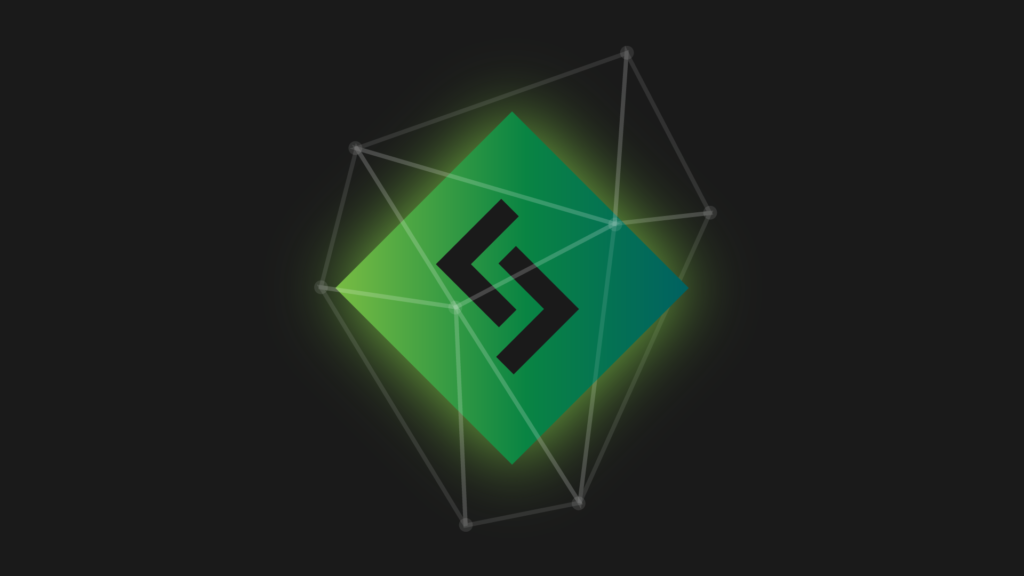Hey all Service Node operators.
Today marks the start of the mandatory upgrade period for the Nimble Nerthus release. All Service Nodes have 2 weeks (until block height 442333 – 9th of Jan 2020) to upgrade their Service Nodes to the new releases which have been published on Github.
Once you update to Nimble Nerthus, your Service Node will begin acting as a Lokinet router. This will start as soon as you upgrade your binaries, and will increase the bandwidth usage of your Service Node. After the hardfork, Service Nodes will no longer send uptime proofs if Lokinet isn’t running, so nodes that aren’t running Lokinet will be deregistered.
Depending on your configuration, this update may also require you to open ports on your Service Node (depending on your configuration) Please have a quick read over the Upgrade notes section for more information.
Loki Launcher
If you are running a Service Node with Loki launcher you will need to follow these instructions to upgrade.
https://docs.loki.network/ServiceNodes/SNFullGuide/#updating-your-binaries
Debian packages
If you are running a Service Node using the Debian packages you can follow these instructions to upgrade
https://docs.loki.network/ServiceNodes/DebianPackageGuide/#upgrading
Verifying Upgrade
To verify that the new Lokinet component is communicating properly with lokid, run the following:
lokid status (if using the Debian packages)
loki-launcher client followed by status (if using Loki Launcher)
You will see this output:
Height: 433048/433048 (100.0%), (…more stats here)
SN: (pubkey) active, proof: x minutes ago, last pings: 56sec (storage), NOT RECEIVED (lokinet)
If you see “NOT RECEIVED” after 5 minutes of running the new Loki Launcher or Debian releases, Lokinet might not be communicating properly with lokid.
If you have any issues during the upgrade process, please join the Loki community Discord or Telegram groups and we will try to help you through the process.
For other parties including Exchanges and mining pools, we will contact you throughout the coming weeks to help you through the upgrade. New wallets supporting Blink will be released in the week before the release, but for those who are currently using Loki wallets, no action is required.
Upgrade Notes
Quorumnet requires an open public TCP port, by default 22025, which may require extra configuration if using a firewall or using port forwarding (most VPS setups do not require this). The port can be configured by launching the service node with –quorumnet-port PORT or quorumnet-port=PORT in the loki config file.
The new Lokinet router binary similarly requires an open UDP port (Most VPS setups do not require this), by default 1090 (also configurable in the Lokinet router config file), which similarly needs to be allowed or forwarded when using a firewall or port forwarding rules.
Lokinet needs to ping lokid before lokid will send uptime proofs (similar to how the the storage server works currently). This is configured by the jsonrpc setting in the Lokinet router config file, which is setup to work on the default lokid RPC port (localhost:22023). If you have configured lokid to use a different port for RPC communication, then you will have to change this setting.If you are using the debs with the loki-service-node metapackage, or using loki-launcher, then you just need to install updates which will download and configure a Lokinet router. If you’re installing and configuring manually, we will be providing more details on https://docs.loki.network in the coming days, but feel free to ask on the Loki Service Node Telegram or Discord in the meantime.
